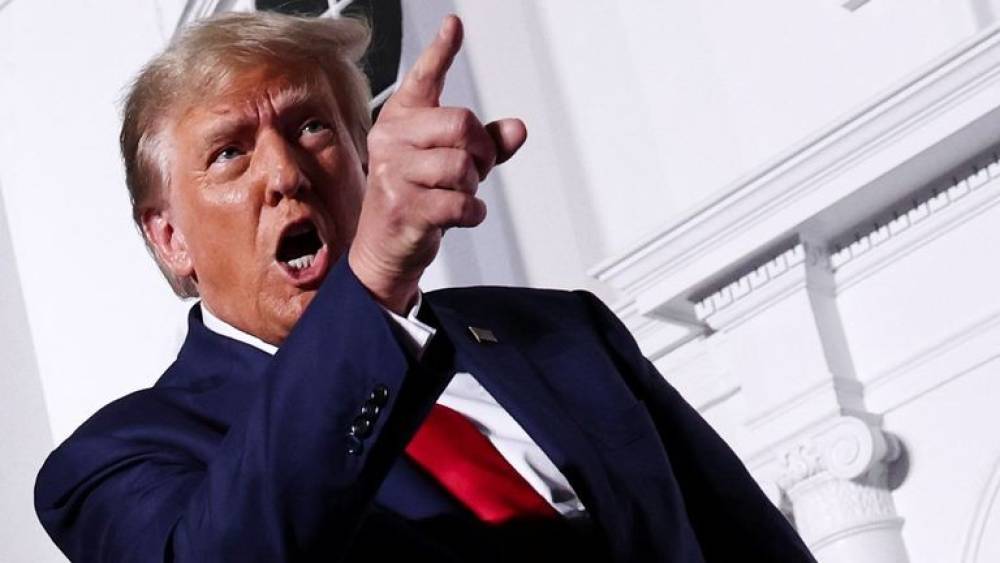
Washington, D.C. | April 3, 2025
In a dramatic move poised to reshape global trade, former U.S. President Donald Trump announced sweeping tariffs on imports from multiple countries, including a 26% tariff on goods arriving from India. The announcement was made on April 2, which Trump declared as “Liberation Day,” calling it one of the most important days in American history.
The tariffs, effective from midnight U.S. time (9:30 PM IST on April 3), range from 10% to 49% depending on the country. China will face a 34% tariff, while the European Union will see a 20% tariff. The U.K. will be hit with 10%, Vietnam 46%, Taiwan 32%, Japan 24%, South Korea 25%, Thailand 36%, and Cambodia 49%. Canada and Mexico have been excluded from the tariff list. Additionally, Trump imposed a 25% tariff on all vehicles manufactured outside the U.S.
Why the Tariffs?
Trump justified the tariffs as a necessary response to what he called "decades of unfair trade practices" against the U.S. by foreign nations. Echoing his long-held "America First" stance, he said that other countries impose high duties on American products and now the U.S. is only reciprocating with similar treatment.
“We are implementing reciprocal tariffs. That means if a country is charging us 50%, we will charge them half of that,” Trump stated. Referring specifically to India, he said, “Their Prime Minister is a very good friend of mine, but I told him, ‘You are not treating us fairly. India charges us 52%, so we will take 26% in return.’”
Global Reactions Pour In
The international community responded with concern and criticism:
Norway's Minister for Trade and Industry, Cecilie Myrseth, expressed alarm, saying, “This is serious for the world economy and will impact Norway as well. We see tariffs of at least 10–15% on our goods.”
Switzerland’s President, Karin Keller-Sutter, wrote, “Respect for international law and free trade is fundamental. The Federal Council is reviewing its next steps.”
Australian Prime Minister Anthony Albanese criticized the move, saying, “This is not something a friend does,” while vowing not to retaliate in a way that could fuel inflation or hurt growth.
Sweden’s Prime Minister, Ulf Kristersson, reaffirmed his nation’s support for free trade and international cooperation.
What’s Next?
Trade analysts warn that this move could trigger a wave of retaliatory tariffs, disrupt global supply chains, and fuel inflation. While Trump’s camp celebrates the measure as a rebirth of American industry, critics fear it could lead to trade wars and global economic instability.